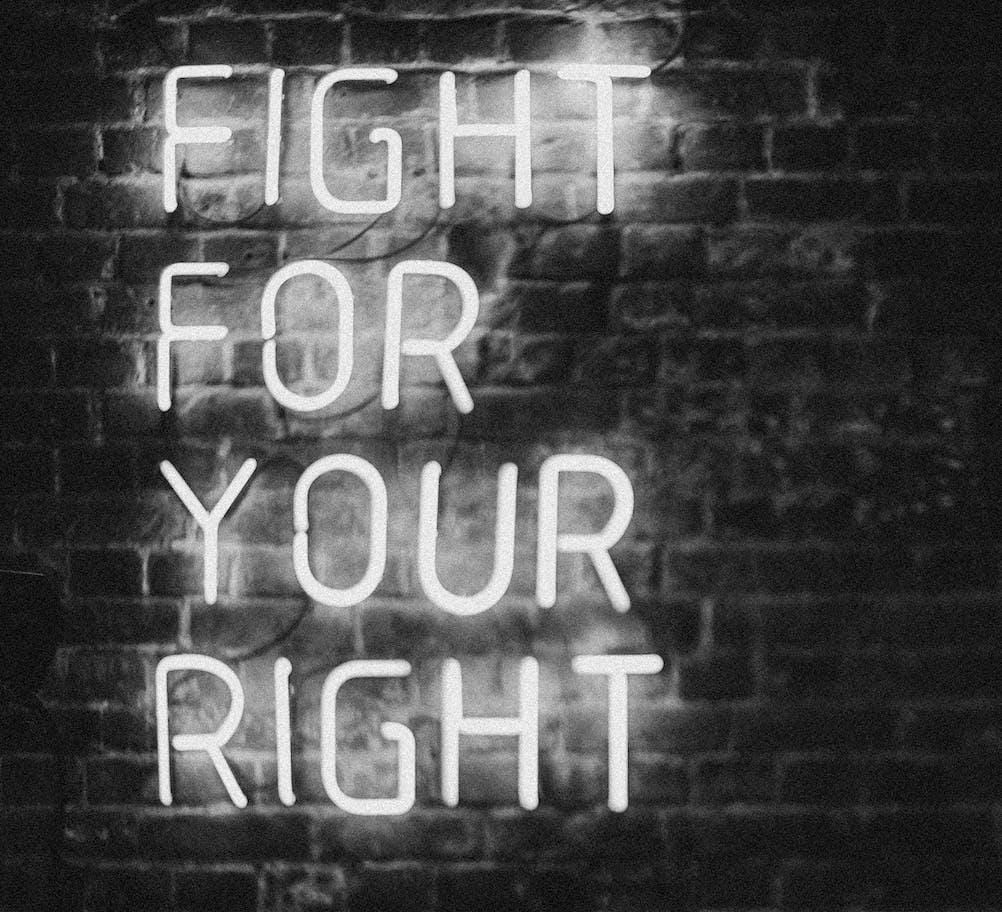Fundamental rights are the cornerstone of democratic societies, serving as the bedrock upon which individual freedoms, human dignity, and social justice are built. These rights are enshrined in the constitutions of many nations and form the basis for equality, justice, and the protection of citizens’ rights and liberties. In this essay, we will delve into the significance of fundamental rights, their historical context, and their role in upholding democratic values and human dignity.
The Significance of Fundamental Rights:
- Protection of Human Dignity: Fundamental rights recognize and protect the inherent dignity of every individual. They ensure that no person is subject to degrading or inhumane treatment, guaranteeing respect for all.
- Preservation of Freedom: These rights safeguard individual freedoms such as speech, religion, and privacy, allowing citizens to express themselves, practice their beliefs, and live their lives free from unwarranted interference.
- Equality Before the Law: Fundamental rights establish the principle of equality before the law, ensuring that every person is entitled to the same legal protections and is not subject to discrimination based on race, gender, religion, or other characteristics.
- Checks on Government Power: These rights serve as checks on the power of governments and institutions, preventing abuses of authority and ensuring that those in power remain accountable to the people.
- Democratic Values: Fundamental rights are essential for the functioning of democracy. They protect citizens’ rights to participate in the political process, including voting, assembly, and freedom of the press.
- Social Justice: Many constitutions include socioeconomic rights, such as the right to education, healthcare, and a decent standard of living, to promote social justice and reduce disparities.
Historical Context of Fundamental Rights:
- Magna Carta (1215): Often considered the precursor to modern constitutionalism, the Magna Carta laid the groundwork for limiting the arbitrary power of the monarchy and protecting certain rights of English nobility.
- The Enlightenment: The Enlightenment period of the 17th and 18th centuries gave rise to ideas of individual liberty, equality, and the social contract. Thinkers like John Locke and Jean-Jacques Rousseau contributed to the development of modern concepts of fundamental rights.
- American Revolution (1775-1783): The American Revolution and the subsequent U.S. Constitution emphasized the importance of individual freedoms and rights. The Bill of Rights, adopted in 1791, enshrined key rights and liberties.
- Universal Declaration of Human Rights (1948): The Universal Declaration, adopted by the United Nations, outlined a comprehensive set of fundamental human rights and freedoms, serving as a global reference point for human rights protection.
The Role of Fundamental Rights in Democracy:
- Democratic Participation: Fundamental rights enable citizens to engage in democratic processes, express their opinions, and participate in elections, ensuring a vibrant and inclusive democracy.
- Accountability: These rights hold governments accountable by allowing citizens to question authority, criticize policies, and seek redress for grievances, fostering transparency and good governance.
- Protection of Minorities: Fundamental rights safeguard the rights of minority groups, protecting them from discrimination and ensuring that their voices are heard in democratic societies.
- Justice and the Rule of Law: These rights promote the rule of law by ensuring that legal processes are fair, transparent, and just, protecting citizens from arbitrary detention or punishment.
- Peaceful Conflict Resolution: In democratic societies, fundamental rights provide peaceful avenues for conflict resolution, reducing the likelihood of violence and instability.
Conclusion:
Fundamental rights are the essence of democratic governance and the foundation of human dignity. They are a testament to the values of liberty, equality, and justice that underpin democratic societies worldwide. While these rights vary from one nation to another, their core principles remain universal. Upholding and protecting fundamental rights is not only a legal and ethical imperative but also a collective responsibility to ensure that societies remain inclusive, just, and respectful of the inherent worth and dignity of every individual.

